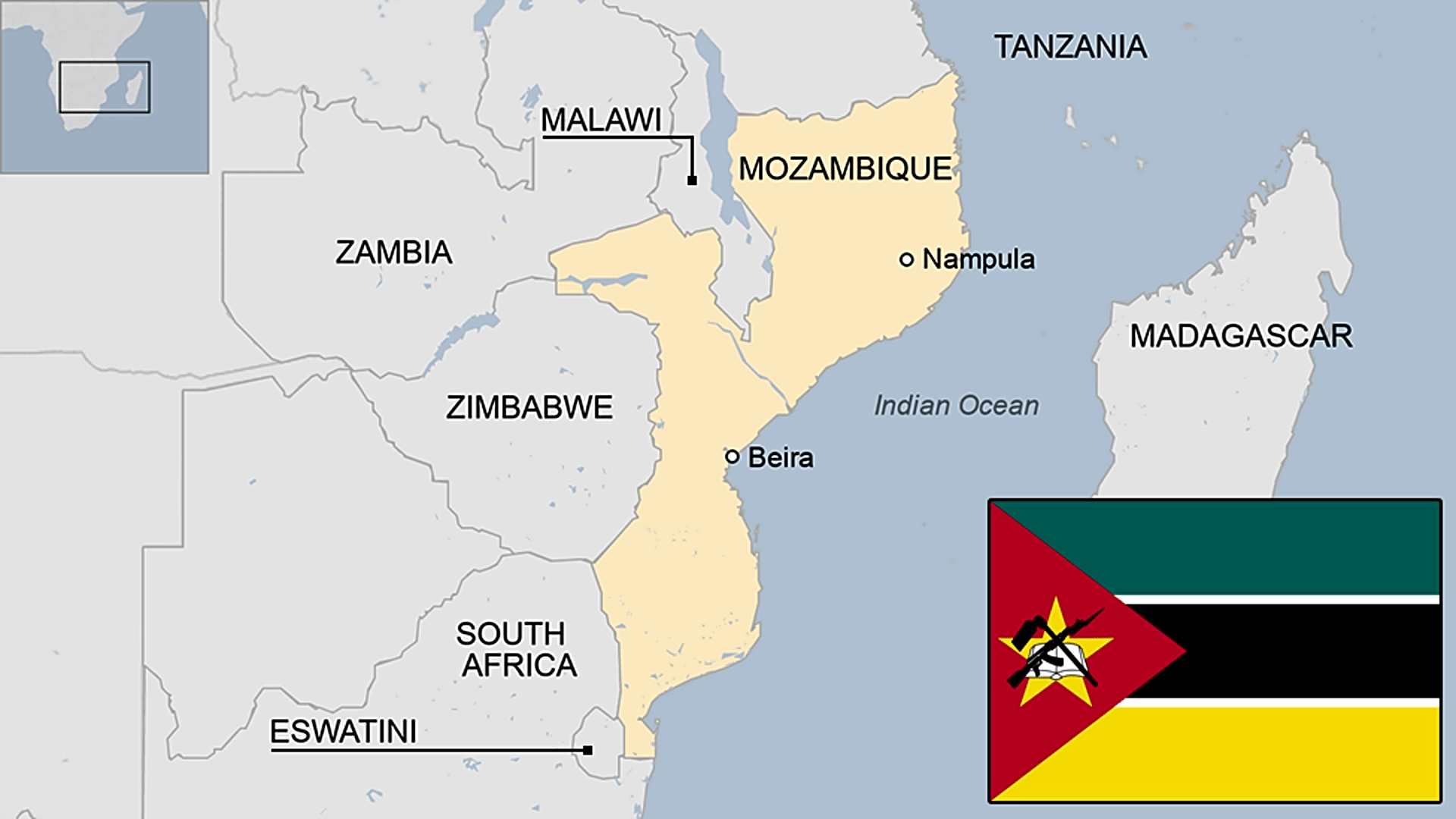In an attempt to strengthen digital transformation initiatives throughout Africa, Mastercard Incorporated (MA) and the African Development Bank Group have unveiled the “Mobilizing Access to the Digital Economy Alliance: Africa.” This effort seeks to give the 100 million people and companies on the continent digital access to essential services within the next ten years.
The program’s initial focus will be on helping women and the agriculture industry. This year, a pilot initiative that will assist 3 million farmers in Kenya, Tanzania, and Nigeria with the assistance of local banks is also anticipated to be launched. Digital IDs as well as access to premium seeds and agricultural products would be given to farmers.
At a later date, the partners hope to extend the new initiative’s reach to Uganda, Ethiopia, Ghana, and other African nations.
Within five years, Mastercard hopes to have 15 million African users registered on its Community Pass platform as part of the program. Launched in 2020, the digital platform Community Pass provides technologies and resources to combat infrastructure challenges that frequently arise when rural communities become more digitally connected. In the meantime, the African Development Bank Group plans to contribute $300 million to alliance projects and finance the modernization of digital infrastructure.
Mastercard’s recent agreement is indicative of its genuine efforts to boost the use of agricultural technologies, offer improved income prospects to a large number of smallholder farmers in Africa, and expand the Community Pass platform’s client base. The assistance provided to this segment of the community appears to be wise because they typically struggle with a lack of funding and resources needed to incorporate digitalization into their everyday operations.
The IT powerhouse is closely monitoring its efforts to develop a strong presence in Africa, where the digital economy is experiencing rapid growth due to factors such as rising mobile phone usage, consistent increases in Internet penetration rates, and supportive government regulations. Because of this, the IT powerhouse is still actively expanding through collaborations with regional financial institutions and large investments into several African regions.
The latest agreement is further evidence of Mastercard’s public-private partnership approach, in which it collaborates with governments and private enterprises worldwide to increase digitization in different economic sectors.


